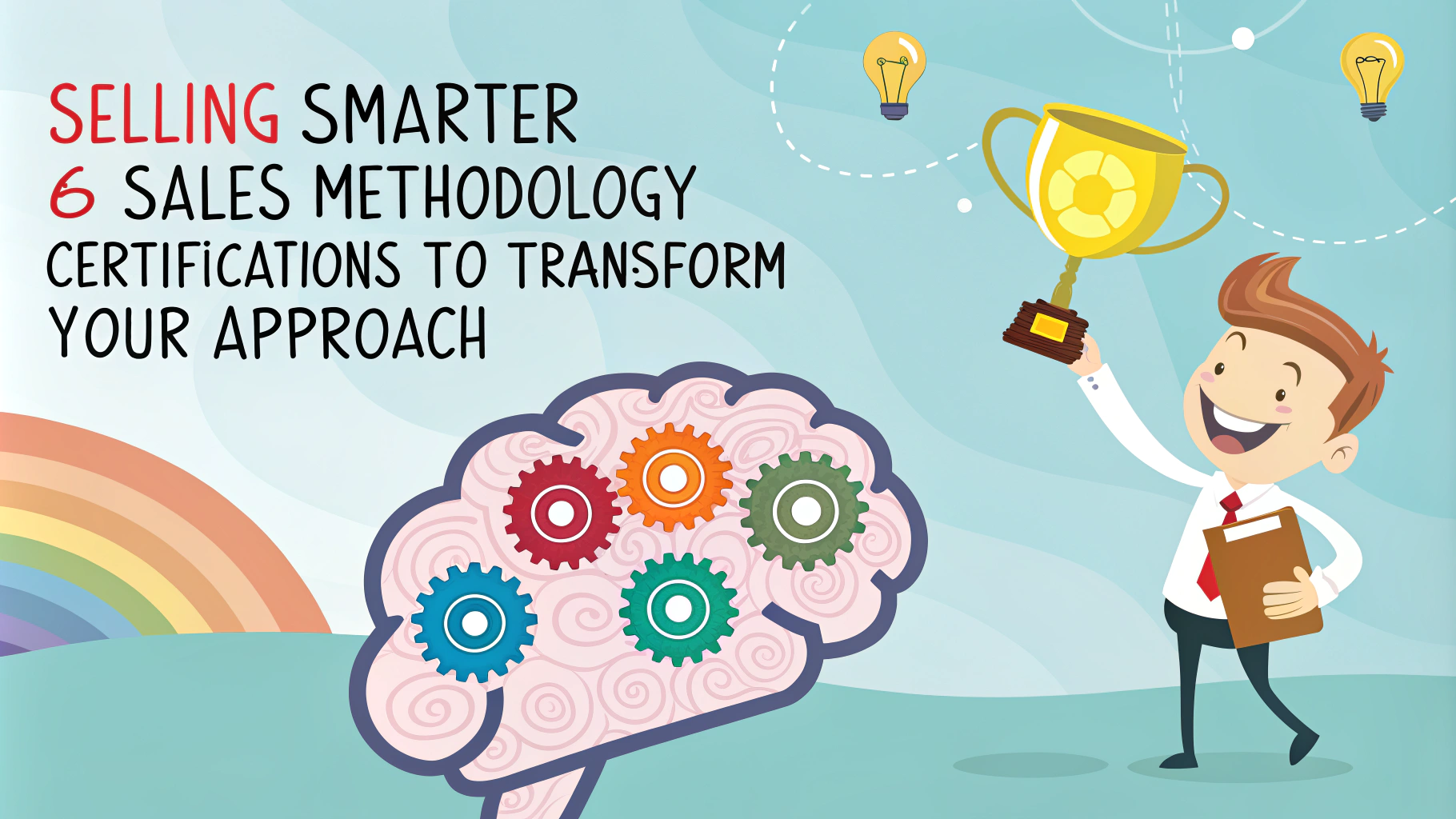Channel and distribution sales represent a significant portion of revenue for many businesses. Understanding the complexities of these sales models is crucial for companies looking to expand their reach and increase market share.
Effective channel and distribution sales strategies can lead to accelerated growth, reduced costs, and improved customer satisfaction. However, navigating the intricacies of partner relationships and multi-tiered sales processes requires specialized knowledge and skills.
This article explores key aspects of channel and distribution sales, offering insights and practical advice for sales professionals and organizations aiming to optimize their performance in this domain.
Understanding Channel and Distribution Sales Models
Channel and distribution sales involve selling products or services through intermediaries rather than directly to end customers. These intermediaries can include distributors, wholesalers, retailers, and value-added resellers (VARs).
The primary advantage of this model is the ability to reach a broader market more efficiently than through direct sales alone. Channel partners often have established customer bases and specialized expertise in specific markets or regions.
Common channel structures include:
- Single-tier: Manufacturer sells directly to retailers
- Two-tier: Manufacturer sells to distributors, who then sell to retailers
- Three-tier: Manufacturer sells to wholesalers, who sell to distributors, who then sell to retailers
Each structure has its own advantages and challenges, depending on factors such as product complexity, market size, and geographical distribution.
Key Challenges in Channel and Distribution Sales
Managing channel and distribution sales presents unique challenges compared to direct sales models. Some of the most common issues include:
- Channel conflict: When multiple partners compete for the same customers or markets
- Maintaining brand consistency across diverse partners
- Ensuring product knowledge and sales expertise among channel partners
- Aligning incentives between the company and its channel partners
- Managing complex supply chains and logistics
Addressing these challenges requires a strategic approach to partner selection, training, and relationship management.
Developing Effective Channel Partner Relationships
Strong relationships with channel partners are crucial for success in distribution sales. Key strategies for building and maintaining these relationships include:
- Clear communication: Establish regular touchpoints and transparent information sharing.
- Mutual goal-setting: Align objectives between your company and channel partners.
- Comprehensive training: Provide partners with in-depth product knowledge and sales techniques.
- Support and resources: Offer marketing materials, sales tools, and technical support.
- Performance incentives: Implement reward programs that motivate partners to achieve sales targets.
Investing time and resources in partner relationships can lead to increased loyalty, better performance, and long-term business growth.
Channel Sales Training Best Practices
Effective training is essential for empowering channel partners to represent your products or services effectively. Some best practices for channel sales training include:
- Tailoring training programs to specific partner roles and needs
- Utilizing a mix of in-person and online training methods
- Focusing on both product knowledge and sales skills
- Providing ongoing training and updates as products or markets evolve
- Measuring the impact of training on sales performance
Well-designed training programs can significantly improve partner engagement, product knowledge, and sales effectiveness.
Leveraging Technology in Channel and Distribution Sales
Technology plays a crucial role in modern channel and distribution sales. Key tools and platforms include:
- Partner Relationship Management (PRM) software
- Channel-specific Customer Relationship Management (CRM) systems
- Learning Management Systems (LMS) for partner training
- Deal registration and lead distribution platforms
- Analytics and reporting tools for performance tracking
Implementing the right technology stack can streamline operations, improve communication, and provide valuable insights into channel performance.
Measuring and Optimizing Channel Sales Performance
To ensure the success of channel and distribution sales strategies, it’s essential to track key performance indicators (KPIs) and continuously optimize processes. Important metrics to monitor include:
- Partner sales volume and growth
- Partner engagement levels
- Market share by channel
- Customer satisfaction ratings
- Return on channel investment (ROCI)
Regular performance reviews and data-driven decision-making can help identify areas for improvement and guide strategic adjustments to channel programs.
Conclusion
Mastering channel and distribution sales requires a combination of strategic planning, relationship building, and effective execution. By understanding the unique challenges of this sales model and implementing best practices in partner management and training, organizations can unlock significant growth opportunities.
FAQs
- What is the difference between channel sales and direct sales?
Channel sales involve selling products through third-party partners, resellers, or distributors, while direct sales involve selling directly to end customers without intermediaries. - How do I identify the right channel partners for my business?
Evaluate potential partners based on market reach, industry expertise, technical capabilities, financial stability, and alignment with your company’s values and goals. - What are the main types of distribution channels?
The main types include value-added resellers (VARs), distributors, system integrators, managed service providers (MSPs), retailers, and wholesale partners. - How do I structure channel partner compensation?
Common compensation models include margin-based programs, commission structures, rebates, market development funds (MDF), and performance incentives based on sales targets. - What is a channel partner agreement, and what should it include?
A channel partner agreement is a legal contract that outlines terms including territory rights, pricing structures, performance expectations, support obligations, and intellectual property protection. - How can I prevent channel conflict?
Implement clear territory assignments, establish pricing guidelines, maintain transparent communication, create defined rules of engagement, and develop complementary channel strategies. - What are the essential elements of a channel partner training program?
Include product knowledge, sales methodology, technical training, competitive positioning, customer support processes, and certification programs. - How do I measure channel sales effectiveness?
Track key metrics including partner revenue, deal registration, pipeline growth, partner engagement levels, certification completion rates, and customer satisfaction scores. - What tools are needed for successful channel management?
Essential tools include Partner Relationship Management (PRM) systems, Learning Management Systems (LMS), deal registration platforms, and sales enablement tools. - How can I ensure partner loyalty and engagement?
Provide consistent support, offer competitive margins, deliver regular training, recognize top performers, maintain open communication channels, and create mutual growth opportunities.





